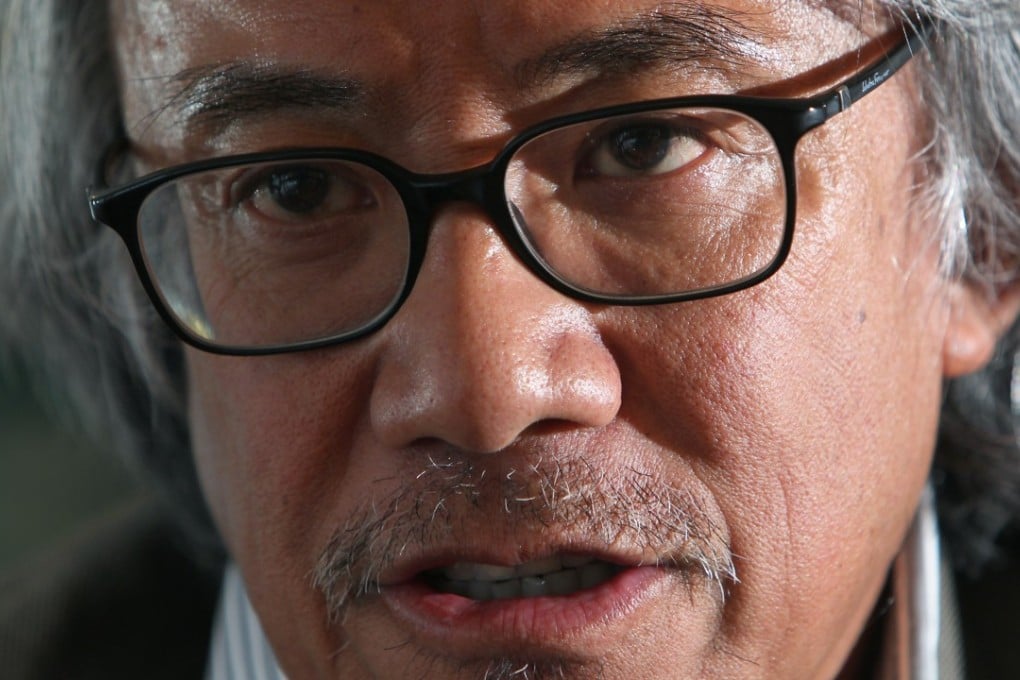Outside In | Remembering the intrepid minivan driver who became a successful Hong Kong entrepreneur

It was 1985, and we were bumping and lurching in a white minivan down a muddy potholed road somewhere outside Wenzhou. Those were the days when China still had no metalled roads beyond any city limits.
After a predawn start, we were hungry. Passing a scruffy roadside food stall, our driver stopped, jumped out, and negotiated with the stallholder to rustle up some eggs and fried noodles for breakfast. Within minutes, this vanload of misplaced western businessmen were tucking in.
An hour later, still bumping along our unmetalled road without signposts, our driver slammed on the brakes and skidded to a halt past a small track off into the sugar cane fields. With barely a word, he jumped out and returned smiling 15 minutes later with a large painting wrapped roughly in newspaper. Apparently an artists’ commune he had heard about.
By sunset, in fading light and still battling our way southward from Wenzhou, we rounded a corner to be brought to a screeching halt by a crowd of villagers on straw seats scattered out across the road, all watching a TV show on the village’s only TV.
This was China in 1985. Our driver was David Tang Wing-cheung. We were exploring investment opportunities in Zhejiang. It was all very “do it yourself”.
